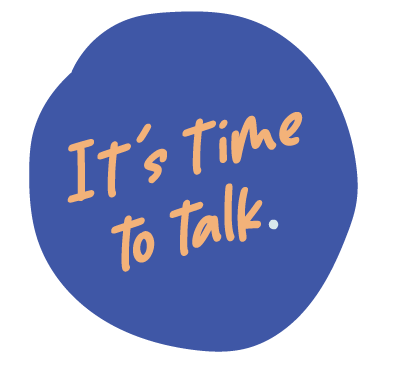Where to get help?
I might be experiencing abuse – how can I tell?
Domestic or family violence is when someone uses violence or abuse to control another person in their family or relationship. This can happen to anyone, whether they are young or older, whatever their culture, religion or ethnicity, their sex, gender or sexual orientation, and whatever their economic circumstances.
While all families and partners have arguments sometimes, if someone in your family or relationship is hurting, humiliating, threatening or frightening you or others in your family, then this could be domestic and family violence.
Warning signs of abuse: Does your partner or family member....
If you answered yes to any of these, then you may be in an abusive relationship. This is not your fault. You have every right to be treated with respect and to be safe. There is help available and steps you can take to stay safe.
Adapted from DVRC website
What do I do? Safety planning
If you’re experiencing abuse or violence in the home, you may have to leave in a hurry.
There are some things you can prepare beforehand in case you have to leave quickly:
If you’re experiencing abuse or violence in the home, you may have to leave in a hurry. You can get help to develop a safety plan for your particular situation. Contact the NSW DV line on 1800 656 463 or the National DV line on 1800 737 732.
Emergency Suitcase
If you have to leave home in a hurry, you may not have time to grab all your important documents and items like keys. You can prepare an emergency suitcase or bag beforehand to be sure you have these items with you after you leave.
You might not be able to hide away all your important documents beforehand, but you can at least take a photocopy, scan or photograph them.
If you keep your emergency suitcase at home, keep it light and safely hidden but easy to grab. If it is with a family member or friend, you will be able to put more in it.
If you keep your emergency suitcase at home, keep it light and safely hidden but easy to grab. If it is with a family member or friend, you will be able to put more in it.
Important things to include:
Adapted from NSW Community & Justice
There are services with helplines and websites that you can contact for information, help, referral and support about the violence you are experiencing or at risk of experiencing.




